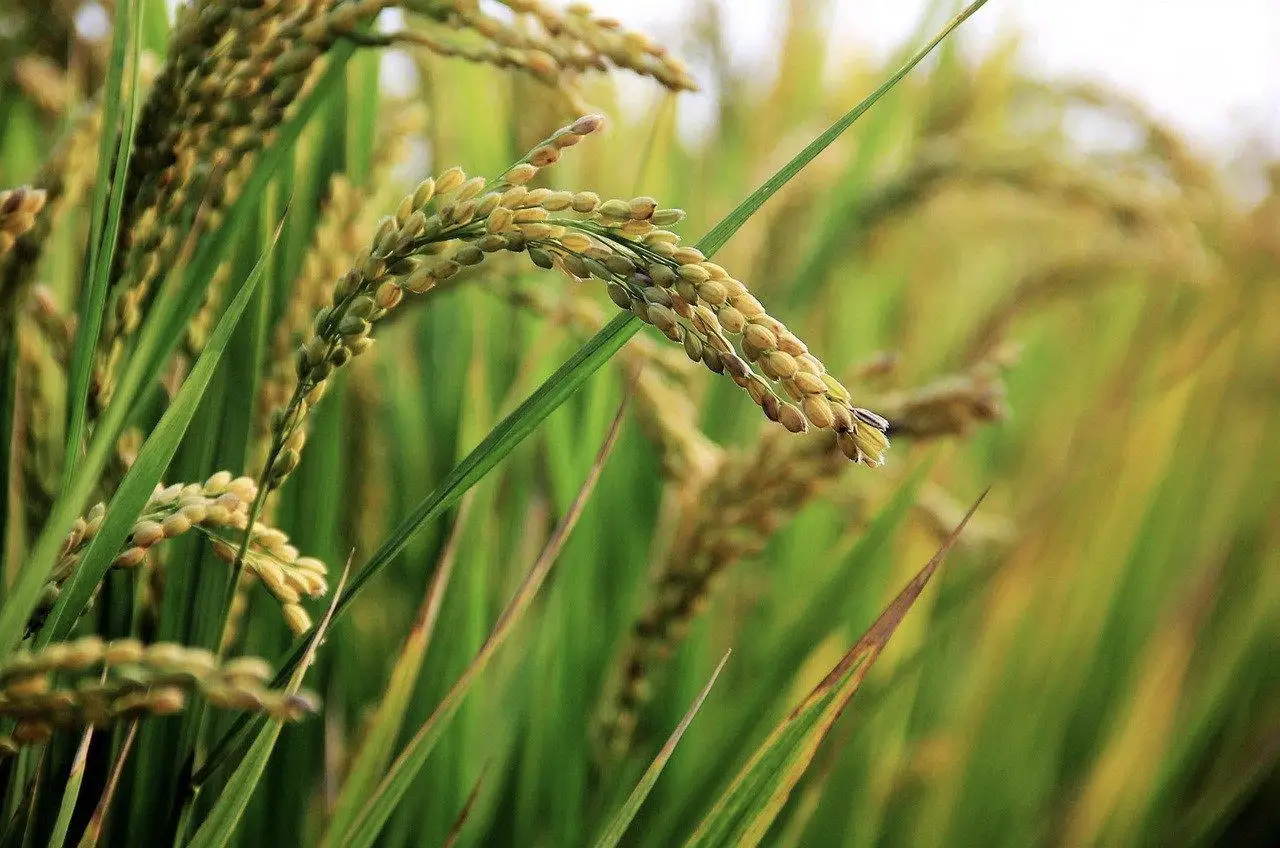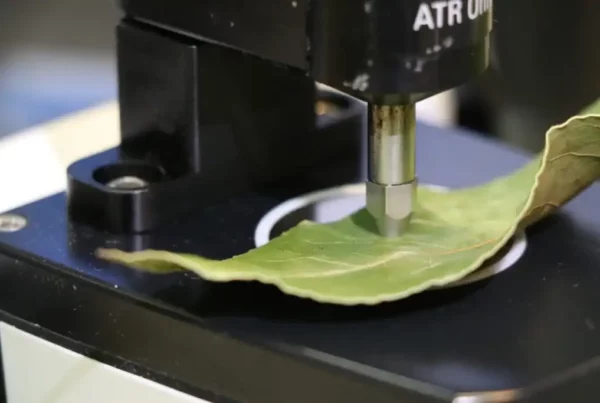Post written by Quang Huy Nguyen, Laia Segura Broncano, Ángel Vergara Cruces and Xi Zhan during the SPS-CEPLAS Summer School 2024
Scientists at the Institute of Crop Science in Beijing have revealed that increased levels of a rice gene can boost yield for at least 40%. The results were published in Science in July 2022. The genetically modified plants showed improved photosynthesis and faster growth leading to increased grain size and number. Increasing the yield of crops will be key in tackling the effects of climate change.
Climate change challenges our food production systems
By 2050, our planet will be the home of 9 billion people, leading to an urgent need to ramp up crop production to meet rising food demand. In addition, extreme weather events, exacerbated in the context of climate change are causing crop losses worldwide. In these challenging times, the breakthrough discovery from Prof. Dr. Wenbin Zhou and colleagues, showcases the crucial role that plant science and modern biotechnology will play in ensuring food security around the globe.
OsDREB1C boosts photosynthesis
The gene, named OsDREB1C, which was first identified in rice, led to improvement in grain size, grain number, growth time and nitrogen use. This was due to its functions in regulating photosynthesis, flowering time and nitrogen uptake. Field trials conducted in Beijing, Hainan and Zhejiang further confirmed the results, with improved productivity across different environmental conditions. Similar effects were obtained when introducing OsDREB1C in wheat indicating similar outcomes could be achieved in other crops.
OsDREB1C reduces the need for fertilizer
Nitrogen fertilizers are commonly used in agriculture to provide the fields with the nutrients crops need to grow. In fact, fertilizer consumption accounts for the production of 70% of the agricultural nitrous oxide production worldwide. By having a second copy of the OsDREB1C gene, rice plants are capable of capturing nitrogen from the soil more efficiently, therefore requiring less amount of fertilizer. Not only will this reduce the nitrous oxide emissions, but also lessen the levels of pollution in the soil, streams and lakes.
This discovery is a step forward towards the identification of genetic elements to improve productivity in plants. Rice is a staple crop that feeds more than half of the world’s population, particularly in Asia and Africa. The ability to obtain more crop yield using the same space and less time could help address the global food demand, driven by a growing population and climate change. These findings not only exemplify the power of modern biotechnology but also underpin the importance of continued investment in agricultural research to ensure a sustainable and food-secure future.
References
- S.Wei et al., Science 377, eabi8455 (2022). DOI: 10.1126/science.abi8455
- https://www.woodwellclimate.org/climate-change-food-security-crop-failures/
- https://www.cam.ac.uk/research/news/carbon-emissions-from-fertilisers-could-be-reducedby-
as-much-as-80-by-2050?t - https://www.science.org/content/article/supercharged-biotech-rice-yields-40-more-grain
Image: Rice field image. Credit: Pixabay







